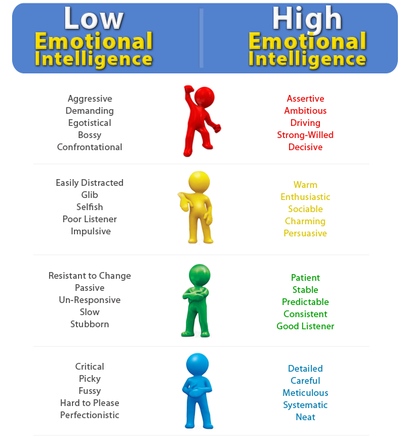
Game character design plays a crucial role in creating immersive and captivating experiences for players. While visual appeal, gameplay mechanics, and storytelling are often emphasized in game development, the importance of emotional intelligence in character design should not be overlooked. This article delves into the significant role emotional intelligence plays in shaping compelling game characters that resonate with players on a deep emotional level.
Understanding Emotional Intelligence
Emotional intelligence refers to a person’s capacity to perceive, understand, and manage their own emotions, as well as effectively recognize and respond to the emotions of others. When applied to game character design, emotional intelligence enables designers to develop characters with relatable personalities, motivations, and reactions, enhancing the overall player experience.
Creating Empathy with Characters
Characters that evoke empathy in players create a strong emotional bond, making the gaming experience more immersive and memorable. Emotional intelligence allows designers to craft characters with complex emotions, enabling players to understand their motivations and connect with them at a deeper level. Through nuanced facial expressions, body language, and dialogue, emotional intelligence empowers characters to express a range of emotions, including joy, sorrow, fear, and anger.
The Impact on Player Engagement
Game characters with emotional depth greatly impact player engagement. By designing characters with relatable experiences and struggles, players are more likely to become emotionally invested in their journey. Emotional intelligence can guide designers in creating compelling backstories and character arcs that resonate with players on a personal level, driving their motivation to progress through the game and uncover the character’s narrative.
Driving Immersion and Storytelling
Emotional intelligence plays a crucial role in enhancing the immersion and storytelling elements of video games. Characters that possess emotional depth and react realistically to the game’s events and challenges contribute to a more immersive experience for players. When characters display genuine emotions and exhibit consistent behaviors, it creates a sense of authenticity within the game world, allowing players to feel more involved in the narrative.
Building Memorable Player Experiences
Memorable gaming experiences often stem from impactful character interactions. Emotional intelligence enables designers to create characters that forge meaningful connections with players, leaving a lasting impression. By implementing emotional intelligence in game character design, developers can evoke various emotional responses in players, such as empathy, admiration, or even disdain. These emotions enhance the memorability of the characters and contribute to a richer, more rewarding gameplay experience.
Future Potential of Emotional Intelligence
Considering the ever-evolving nature of video game technology, integrating emotional intelligence into game character design holds significant potential for the future. Advancements in artificial intelligence and machine learning present opportunities to create even more realistic and emotionally-responsive characters. With the ability to adapt their behaviors based on player interactions and experiences, game characters can become even more engaging, providing players with personalized and emotionally compelling narratives.
Conclusion
Emotional intelligence in game character design is a powerful tool that drives player engagement, immersion, and storytelling. By creating characters with relatable emotions, motivations, and reactions, game designers can forge deep emotional connections with players, resulting in unforgettable experiences. As technology continues to advance, the potential for emotional intelligence in game character design is poised to redefine the boundaries of interactive storytelling in the world of gaming.


